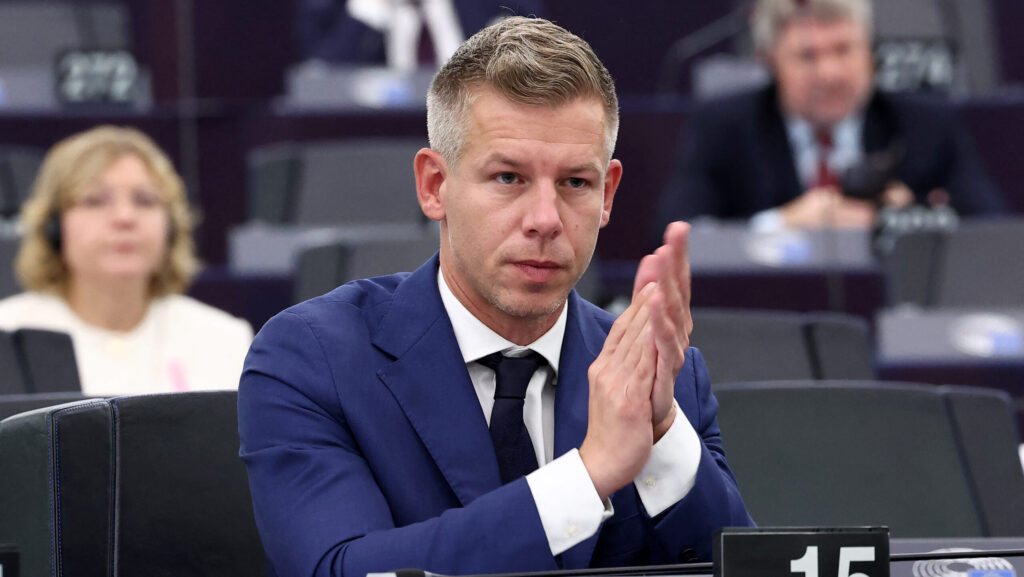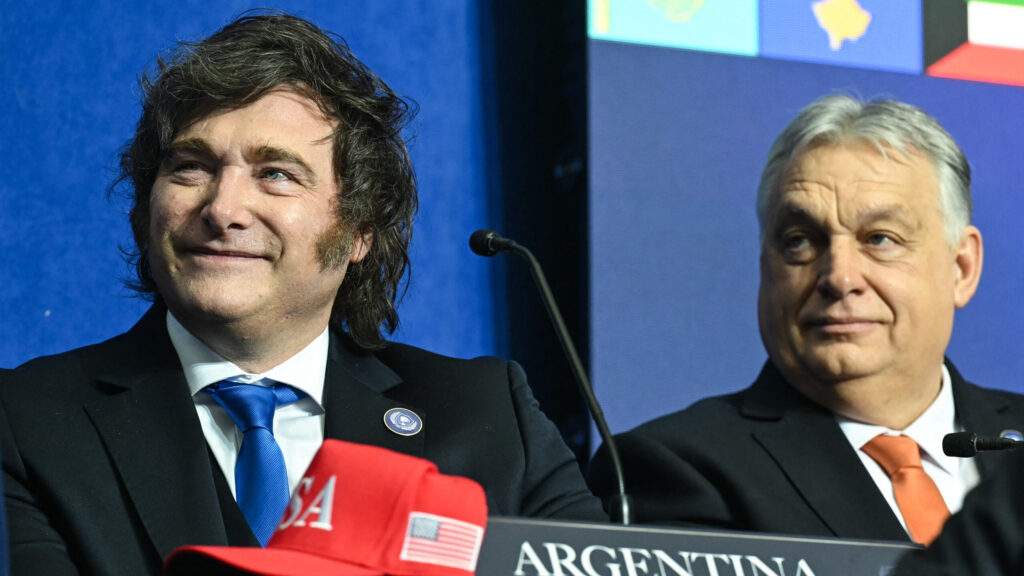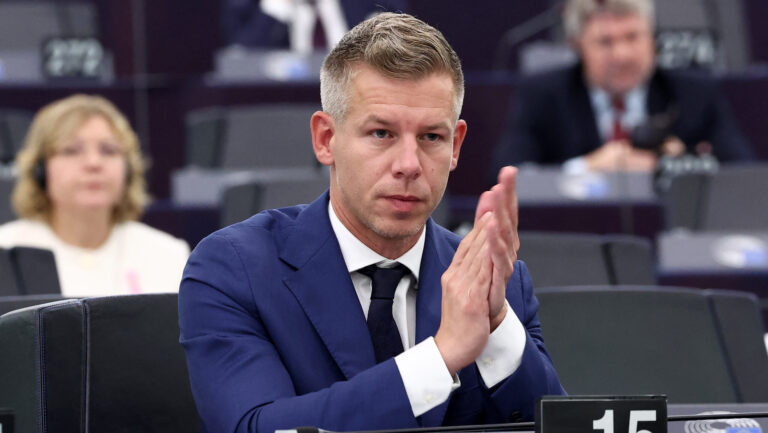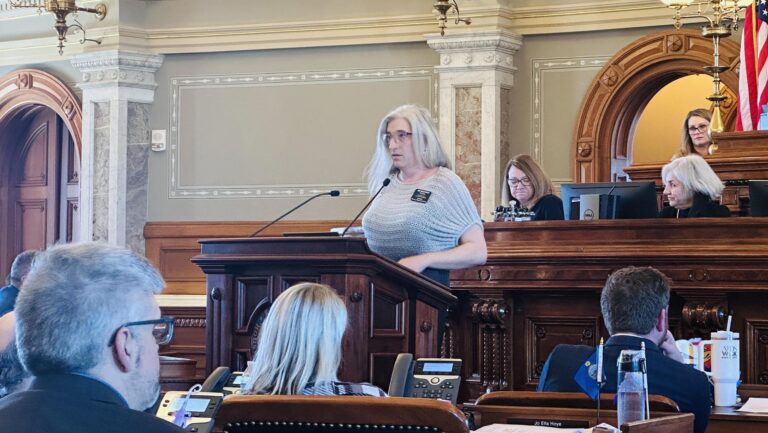A recent survey by the Századvég Foundation highlights strong public opposition in Hungary to foreign interference in the country’s political and media landscape. The findings come as the Hungarian Parliament considers a new bill aimed at enhancing transparency in public life and allowing the government to register foreign-funded organizations that may pose a threat to national sovereignty.
According to the survey, 62 per cent of Hungarians have a negative view of political organizations and activists funded from abroad, while only 24 per cent expressed a favourable opinion. Similarly, 57 per cent disapprove of Hungarian media outlets and journalists receiving foreign financial support, with just 30 per cent viewing it positively.
The Foundation concluded that the Hungarian public holds a clear position: there is no place for foreign interference in the nation’s politics or media.
The proposed legislation responds to concerns that some domestic organizations and media outlets have attempted to influence Hungarian public life in line with foreign interests, circumventing the financing restrictions applied to political parties. Under the new bill, organizations deemed to threaten Hungary’s sovereignty—particularly through attempts to influence voter intent—could be listed based on recommendations from the new Sovereignty Protection Office.
Listed entities would face restrictions such as requiring anti-money laundering approval to receive foreign donations, being excluded from personal income tax donation allocations, and obligating their leaders and board members to submit asset declarations.
The survey also reflected heightened awareness of international precedents. Notably, 73 per cent of respondents were aware that the previous U.S. administration had used USAID funds to support journalists, media, and political groups in Europe, including Hungary, as part of political influence operations. This practice was halted after Donald Trump assumed office.
From 2022 to February 2025, USAID allocated approximately 3.5 billion forints to influence-focused projects in Hungary, while the European Commission earmarked around 19.5 billion forints for similar purposes. Századvég noted that two-thirds of the population (66 per cent) believe it is unacceptable for foreign governments or political organizations to pay Hungarian media to produce content attacking the national government.
The Foundation also pointed out a growing concern that, with the cessation of U.S. funding, the European Union might assume full financial support of such influence campaigns. They highlighted remarks from German Green MEP Daniel Freund, who stated in February 2025 that the EU should ‘fill the funding gap’ left by USAID.
In line with these concerns, 77 per cent of survey respondents support investigating how USAID and EU funds have been spent in Hungary.
Századvég emphasized that the proposed legislation is not just about transparency, but about protecting Hungary’s sovereignty from external political agendas that may conflict with national interests.
Related articles:







